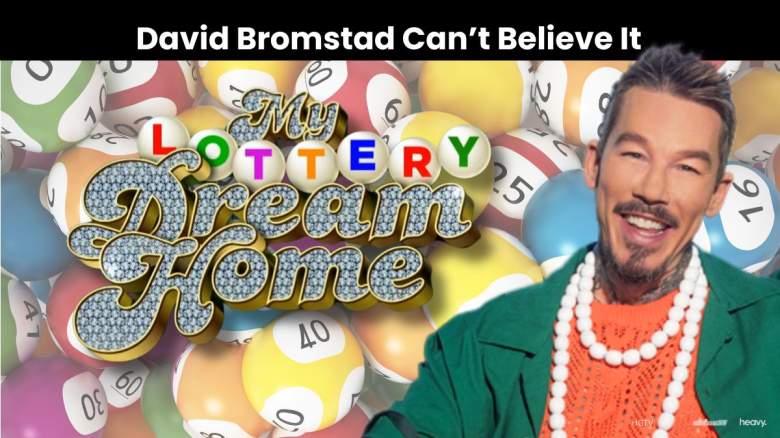Behind the scenes in Hollywood, there’s a lot of talk about the contraction of the business. Creatives have been repeating the dubious refrain “survive ’til 25” as a post-pandemic post-strike mantra, hoping that project greenlights will start rolling in again in the future. Writers have shared about the scary state of the industry, but now a new sector is speaking up: the mid-level studio executives toiling in obscurity under the endless reign of boomer bosses. Many of them complained in a new Hollywood Reporter piece about how the C-suite stagnation is not only personally frustrating but an “existential threat” to the industry.
The Hollywood Reporter points out that many of the top names in Hollywood (Bob Iger, Ari Emanuel, Jeremy Zimmer, etc.) are not only in their 60s and 70s, but they’ve been entrenched in their positions for two to three decades. Plus, there’s the issue of “recycling”: “You look at Mike De Luca, who goes from MGM to Amazon over to Warner Bros. You look at Tom Rothman, who goes from Fox to Sony. These same people are being recycled, and because they’re being recycled, there’s less opportunity for the people under them to be given a shot,” former THR editor and dean of Chapman University’s Dodge College of Film and Media Arts Stephen Galloway observes. “And giving them a shot now seems high-risk.”
Extreme risk-aversion is an ongoing problem in Hollywood, where not only are the execs being recycled but so are the ideas—think of the slavish dedication to “established IP.” Some of the anonymous employees quoted in THR connect this to the fact that the boomer bosses simply aren’t in touch with what interests young audiences. That affects us as viewers being subjected to yet another reboot/revival/remake/sequel, but also the younger, fresher Hollywood hopefuls stagnating in a business with no upward mobility. According to THR, many of them are getting priced out and leaving showbiz altogether, which certainly isn’t helping to foster a more diverse Hollywood: “[Studios] hired all these mission-driven people of color who now can’t make their passion projects,” says an anonymous agent. “Now, everyone wants Yellowstone.”
The piece makes a convincing case that this isn’t just bad for the business, it’s “potentially deadly.” As we’ve seen over on the writers side, where the traditional path to evolving into a showrunner has been obliterated, professionals at all levels in Hollywood aren’t being trained up to assume bigger leadership roles. That means that when the boomers finally do step aside, “there won’t be anybody left in Hollywood’s dwindling workforce who’ll have a clue about how to run a set. Or a slate. Or a studio.” You can read the full, somewhat depressing breakdown for yourself here.




















 English (US) ·
English (US) ·